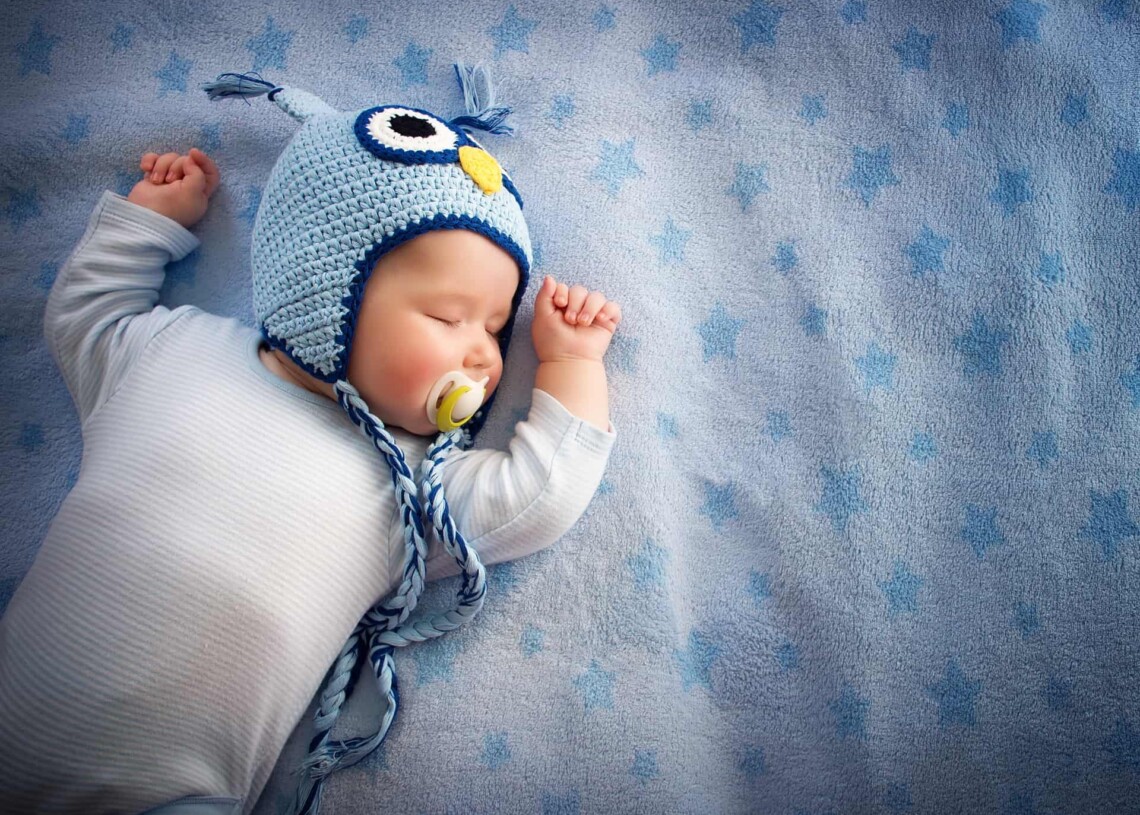Everyone in the household can suffer if a child is sick with a cold. In addition to being unable to sleep due to runny noses, coughs, and fevers, children are likely to miss a few days of school.
This causes them to become irritated and exhausted, and it doesn’t help you either. Enough sleep helps your child recover from a cold by giving the body time to fight infection. A minor cold can extend weeks if your youngster does not receive enough sleep.
Key Notes
- A newborn's voice may sound muffled because of fluid that may still be in their noses from when they were in the womb
- Baby stuffy noses usually clear up within a few days
- Nasal congestion and a stuffy nose can occur when the nose's mucous membranes expand
- Congestion from a cold can be relieved by raising a baby's head and shoulders with more pillows
- You must seek medical attention immediately if your infant is experiencing difficulty breathing on their own
Why does a stuffy nose happen in babies?
Babies develop a stuffy nose or nasal congestion as their nasal tissues grow more significant than average.
Most of the time, the common cold, flu, or sinusitis is to blame for a baby’s runny nose.
Coughing and sneezing in babies isn’t harmful to them in any way, although they may have trouble getting to sleep or eating because of it.
- A stuffy nose might result from a lack of moisture in the air.
- A stuffy nose can be caused by irritants such as dust, cigarette smoke, and fragrances.
- Colds can trigger stuffy noses.
- Occasionally, weather changes might lead to traffic jams.
- Stuffy noses can occur if your baby inhales air pollutants.
- It’s possible that a misaligned septum is to blame.
- Some types of allergies might result in nasal congestion.
How to tell if your baby’s nose is stuffed?
In addition to the apparent indicators of a cold or infection, a stuffy nose could be the cause of your baby’s snoring, loud breathing, feeding difficulties, or extreme distress.
Your infant may have a stuffy nose if they frequently inhale and exhale via the mouth.
Your infant may have trouble sleeping and feeding if they are highly congested or have trouble breathing.
- If your baby’s breathing is becoming more pronounced then it can be a concerning issue.
- If you notice loud snoring of your baby while they sleep.
- If you are having minor trouble eating or drinking.
- If you can see that your baby’s nose is entirely blocked.
- If you see your child’s nose running.
- If your child is constantly sneezing.
Best Sleeping Position for a Baby with a Stuffy Nose
1. Raise their heads
When a baby has a cold, elevating their head and shoulders with more cushions might help reduce the congestion caused by the cold.
A baby must be provided with a pillow. If you insert a wooden wedge under one of the cot’s ends, it will maintain its level and stability.
2. Elevate your baby up
Refrain from putting your baby to sleep on their stomachs if you don’t want them to wake up with a stuffed nose or cough.
A stack of books or the crib’s legs can be used to support the mattress at one end.
A stuffy nose or coughing may prevent your child from falling asleep at nap time.
If this is the case, consider holding them upright for the first 10 to 15 minutes before putting them on the ground.
3. Allow your child to sit straight up
When you put your infant in an upright position, gravity will assist in loosening some of the mucus that obstructs their sinuses.
Therefore, encouraging your youngster to sit up straight and take a few deep breaths will assist clear out their congestion.
Carrying your infant in your arms or in a carrier or sling wrap is the safest and most convenient option.
4. You Should Rub Your Child’s Back
It’s likely that you’ve already made it a habit to burp your baby after each meal. If you gently pat your newborn on the back, any extra mucus or fluid in their throat and sinuses will drain out most of the time.
The same exercise that makes it easier to breathe can also help your congested baby.
Final Thoughts
A cold or flu drug should never be given to a newborn by a caregiver.
As soon as the baby’s congestion gets out of hand, they should take him to the doctor. Most babies will suffer from a runny nose in the first year of life.
Fortunately, it’s a frequent issue that can be readily remedied. Get medical attention immediately if your infant has a cold, fever, or cough. Immediately consult your child’s pediatrician.




























